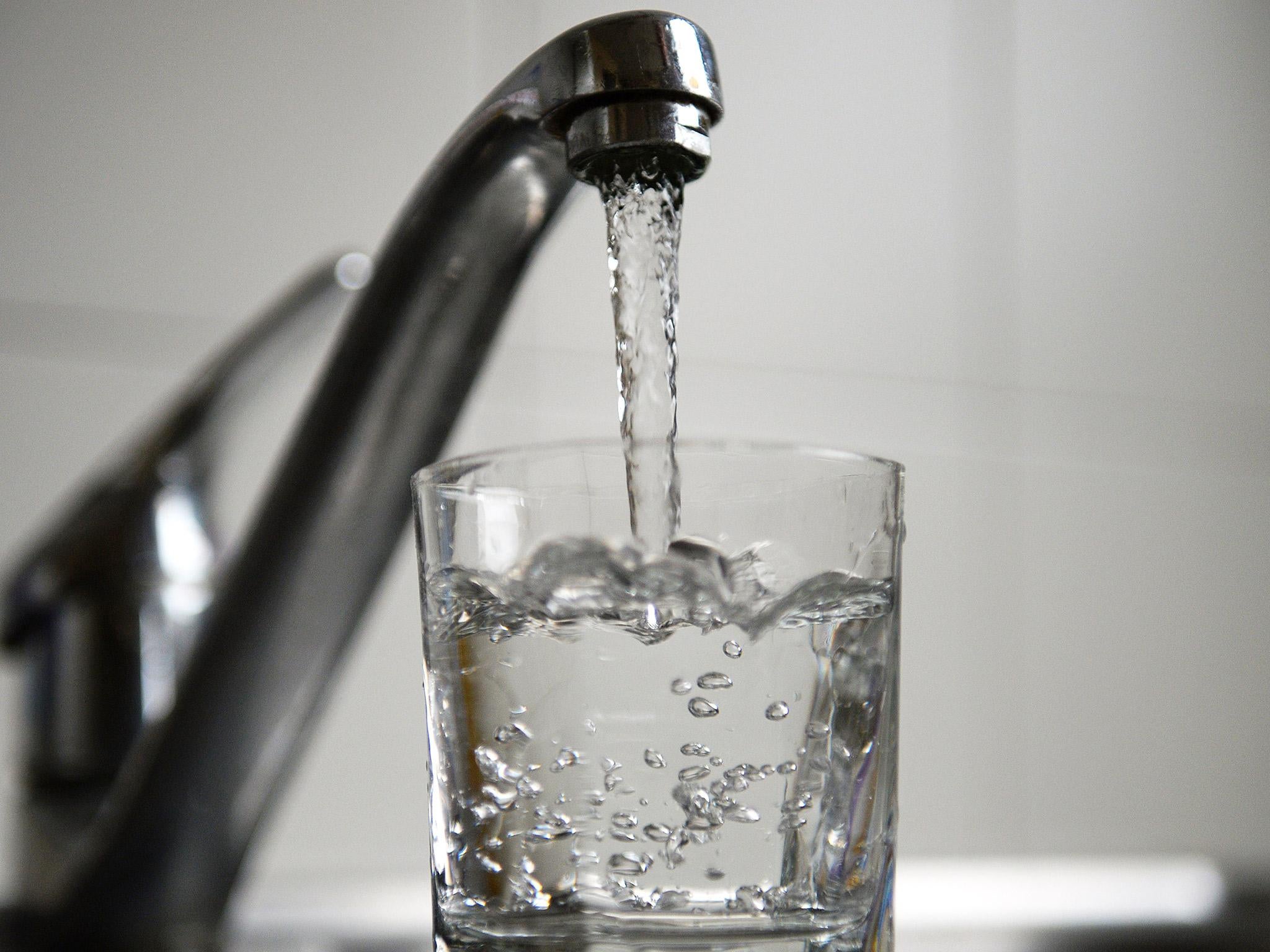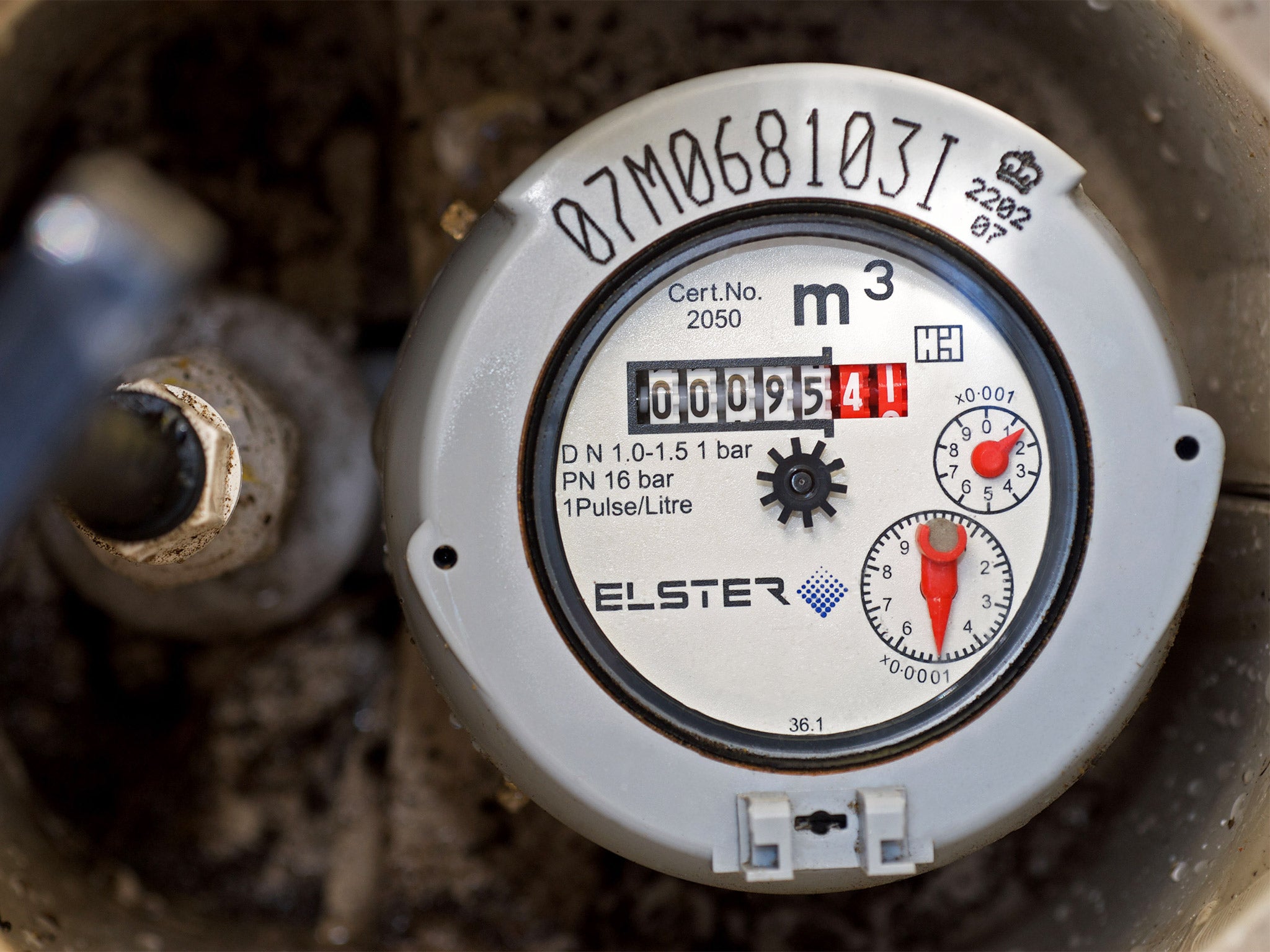Private water companies make over £1bn from 'unnecessarily high prices'
MPs' report accuses water regulator Ofwat of 'consistently overstimating' financing and tax cost when setting price limits

Your support helps us to tell the story
From reproductive rights to climate change to Big Tech, The Independent is on the ground when the story is developing. Whether it's investigating the financials of Elon Musk's pro-Trump PAC or producing our latest documentary, 'The A Word', which shines a light on the American women fighting for reproductive rights, we know how important it is to parse out the facts from the messaging.
At such a critical moment in US history, we need reporters on the ground. Your donation allows us to keep sending journalists to speak to both sides of the story.
The Independent is trusted by Americans across the entire political spectrum. And unlike many other quality news outlets, we choose not to lock Americans out of our reporting and analysis with paywalls. We believe quality journalism should be available to everyone, paid for by those who can afford it.
Your support makes all the difference.Britain’s privatised water companies have made windfall profits of over £1bn because government regulators allowed them to charge consumers unnecessarily high prices, MPs have found.
A report from Parliament’s Public Accounts Committee has accused Ofwat, the water regulator, of “consistently overestimating” water companies’ financing and tax costs when setting price limits. As a result, water companies made gains of at least £1.2bn over the past five years from bills being significantly higher than necessary.
Among those worst hit have been the poorest customers, with average water bills now representing 5.3 per cent of their annual income compared with 2.3 per cent before the recession. The findings will deepen the anger over the money-making powers of Britain’s privatised utilities.
Over the past five years, shares in some of Britain’s privatised water companies have surged by 50 per cent over a period when the stock market as a whole has barely increased in value. At the same time consumer bills have risen every year on average by 0.5 per cent above inflation with customers paying £396 a year for water and sewage services.
The committee found that Ofwat had been unduly generous to the companies in the assessments that it had made about the cost of borrowing, corporation tax and investment over the past five years – and now has no way of clawing the money back.
In October 2013, Ofwat contacted the companies it regulated to suggest they consider voluntarily forgoing a proportion of bill increases they were entitled to in 2014-15, in light of the generous price review settlement and pressure on household bills.

But only six of the 10 largest water companies did so, and Thames Water, one of the biggest companies, continued to pursue a request to increase prices above that allowed for in its settlement. The committee called for Ofwat to review its procedures for agreeing to price rises, and to set out what actions it intends to take to ensure all companies provide a proper share of windfall gains that arise in future to their customers.
Meg Hillier, the committee’s chair, said Ofwat was failing to protect the interests of customers, most of whom have no choice over who supplies their water. “Householders will be appalled to learn these bills could have been smaller had Ofwat adopted a different approach to setting price limits for companies,” she said. “This approach must be reviewed as a priority. It must move swiftly to present clear plans to achieve a better deal for customers.”
Tony Smith, chief executive of the Consumer Council for Water, said the committee’s findings echoed concerns they had repeatedly raised. “Ofwat has been too generous to water companies in past price settlements, to the detriment of water customers. We support the committee’s view that much more needs to be done to address this issue,” he said.
But Cathryn Ross, Ofwat’s chief executive, insisted that “holding companies to account” was at the “heart of what we do”. “The PAC’s comments on gains relate to decisions Ofwat made six years ago. Since 2012, we’ve stressed that customers are having a really tough time, and stepped in to claw back £435m from companies.
“We then challenged companies to reduce bills further, resulting in £3bn of savings, which will mean bills fall 5 per cent in real terms over the next five years. Service will continue to improve and we will have kept bills below inflation over two decades.”
How our bills are decided
Q | Who sets what we pay in water bills?
A | Because Britain’s privatised water industry is an effective monopoly and nobody has a choice over who provides their water and sewage services, all price rises have to be approved by the regulator, Ofwat. Annual price rises or cuts are usually set every five years so that companies can plan long-term investment decisions with certainty.
Q | So what has the Public Accounts Committee found?
A | Parliament’s spending watchdog claims that, over the last five-year period, the water companies have charged us over £1.2bn more than they should have done – and Ofwat has let it happen.
Q | How could they do this?
A | Ofwat made assumptions about the cost of borrowing, levels of taxation and other costs facing the industry, which turned out to be inaccurate. As a result of the assumptions, the companies were far more in profit than they were meant to be.
Q | So consumers will get this money back now, right?
A | Wrong. Ofwat has no power to claw the money back by lowering future bills.
Join our commenting forum
Join thought-provoking conversations, follow other Independent readers and see their replies
Comments